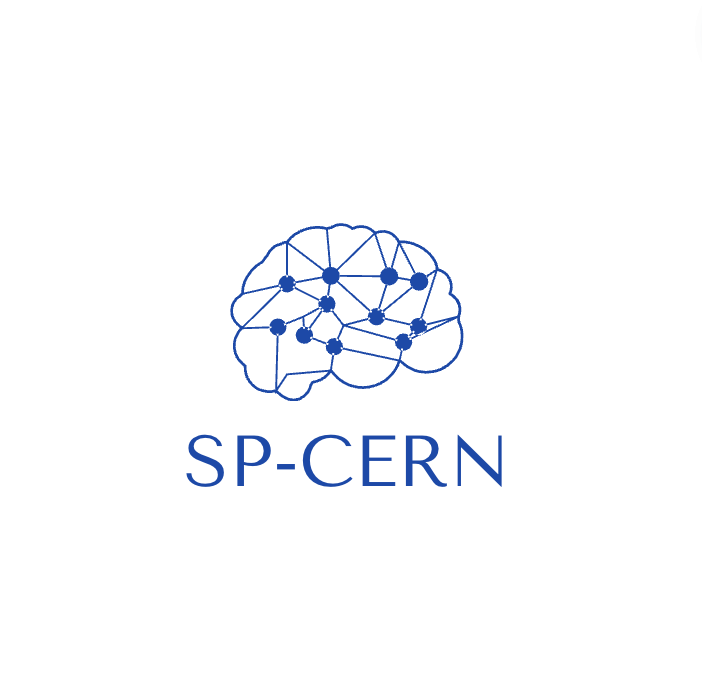The initial phase of the SP-CERN aims to establish the center of excellence sites and organize national and international collaboration. The network will establish research infrastructure, will harmonize research protocols with international partners, connect patients and families affected by HSP/PLS, and build collaborations with partners in the biotechnology and pharmaceutical industry. The central infrastructure includes a prospective, longitudinal natural history study, a comprehensive repository of biospecimen and cell lines, and a state-of-the art genomics platform.
ClinicalTrials.Gov: Spastic Paraplegia – Centers of Excellence Research Network (SP-CERN) (NCT06553976)
Research Highlights
Establish key research infrastructure: The SP-CERN will support the development of the registry and natural history study across the whole age span, a biobank, and a genome archive
Define clinical outcome measures and biomarkers: The SP-CERN will develop and test clinician-reported outcome measures, patient-reported outcome measures, measures of quality of life, wearable sensors to measure motor function, and blood and CSF-based biomarkers
Establish a state-of-the art genomics platform: Since the introduction of next generation sequencing, the rate of discovery of the genetic basis of HSP has accelerated, including new genetic causes of HSP, unbiased measurement of variant frequencies in known disease genes, establishment o phenotype/genotype relationships and molecular spectra, definition of genetic factors that modigy disease. We will facilitate collaboration and tolls that will allow datasets from multiple clinical and research sites to be integrated and interrogated.
Facilitate the clinical testing of novel therapies: Targeted therapies, including those targeting specific genes or mutations, are under development of several subtypes of HSP and have entered clinical testing for some. To facilitate the development of targeted therapies for HSP and PLS, SP-CERN investigators will design and conduct high quality natural history studies covering both the pediatric and adult age groups.
Train the next generation of clinicians and scientists: The SP-CERN has depth and breadth of expertise to train the next generation of clinicians and scientists to drive basic science research in order to develop new therapies, to perform the clinical trials and to introduce novel therapies into routine clinical practice.
Synchronize and harmonize research worldwide: Global collaboration is essential for rare disease research. The SP-CERN will harmonize all research efforts with similar consortia in Europe, Asia, South America, and Africa to help accelerate basic and clinical research on HSP and PLS on a global level.
